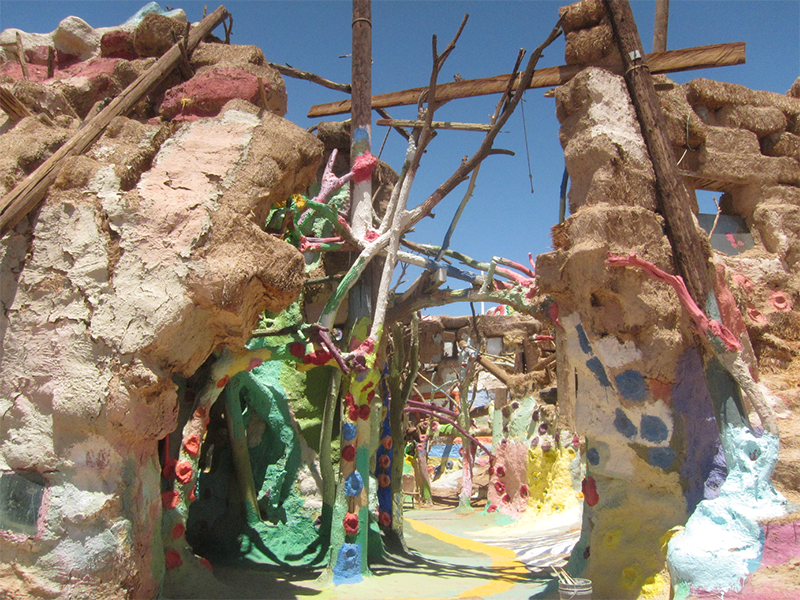Working Group “Ethnology of Religion” 2020
Conference
“Religion and Nature – Cultural Ecologies of
Belief”
Conference has been cancelled

For religious worldviews and practices, nature is a revealing context for orienting humans to the questions regarding the cosmological origins of the universe, the meaning of the emergence of life, and the role of humans in relation to life processes. In the context of current debates on climate change, on biodiversity loss and mass extinctions, religious groups and protagonists increasingly assert the need to include awareness of environmental issues into religious ways of thinking about the world. Some groups even radically recontextualize certain religious assumptions about what nature really means, how to (religiously) interrelate to it and at what costs.
The 2020 conference of the SIEF Working Group “Ethnology of Religion” wants to draw closer to the current as well as historical dynamics of the “religion-nature” interdependence and thus to the cultural ecologies of beliefs. We are interested in a broad set of questions and research foci, i.e.:
- How do religions and religious communities in past or present symbolically and ritually articulate and negotiate relationships with their immediate and distant environment?
- What role do other species – i.e. animals, plants – play within religious (knowledge) systems and practices?
- In which way do religions conceptualize humans’/living beings’ dependence on rivers, oceans, forests and other landscape/bioregional phenomena?
- How do (profound) environmental changes and concerns recast the idea of the religious and the sacred?
- In what manner does the changing ‘scientific’ knowledge of nature reshape the relation of nature and religion and vice versa: how does religious understanding inform scientific understanding?
- Have threats to the natural environment stimulated the rise of nature-oriented forms of religiosity or religions, and in what way?
- What is the impact of mass tourism on nature related religions or religious practices?
- Et cetera…
By unfolding a wide range of topics and by inviting papers with diverse perspectives and methodological approaches we aim to contribute – ethnographically and theoretically – to the current intense debate on the conceptualization of the “nature-culture” entanglement. New theoretical frameworks deconstructing the “nature-culture” divide such as “naturecultures” or “companion species” formulated by Donna Haraway or Anna Tsing’s idea on a collaborative survival of species during capitalist crisis are highly innovative and inspiring, yet the role of religion in our understanding of and entanglement with and through nature remains to be more deeply explored (Haraway 1997, 2003, Tsing 2015, Jenkins/Tucker/Grim 2017).
References: Haraway, Donna (1997).
Modest_Witness@Second_MilleniumFemaleman©Meets_OncoMouseTM. New York:
Routledge.
Haraway, Donna (2003). The Companion Species Manifesto. Dogs, People,
and Significant Otherness. Chicago: University of Chicago Press.
Jenkins, Willis/Tucker, Mary Evelyn/Grim, John (Hg.) (2017). Routledge
Handbook on Religion and Ecology. London: Routledge.
Tsing, Anna Lowenhaupt (2015). The Mushroom at the End of the World. On
the Possibility of Life in Capitalist Ruins. Princeton, N.J.: Princeton
University Press.




